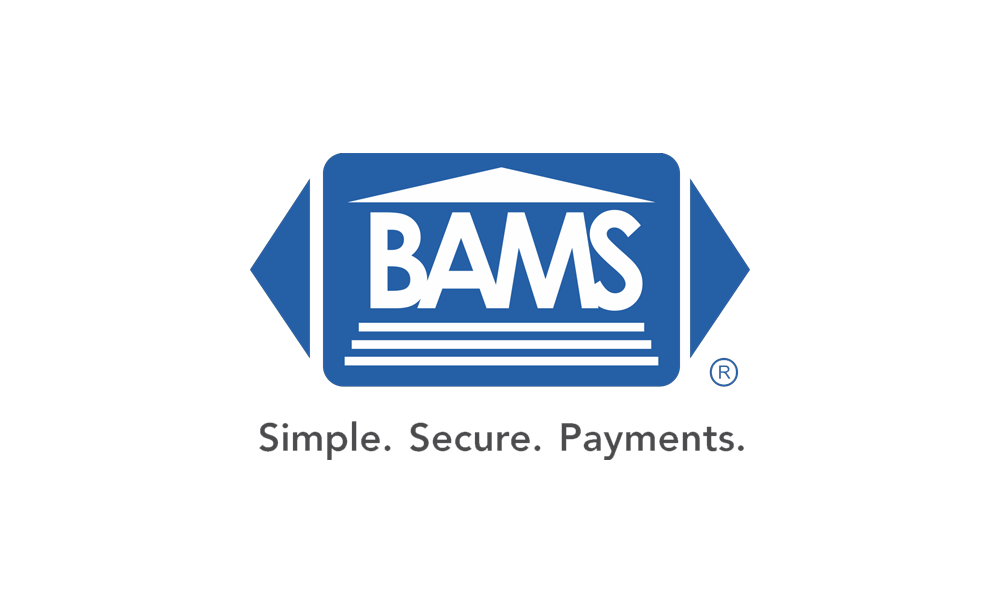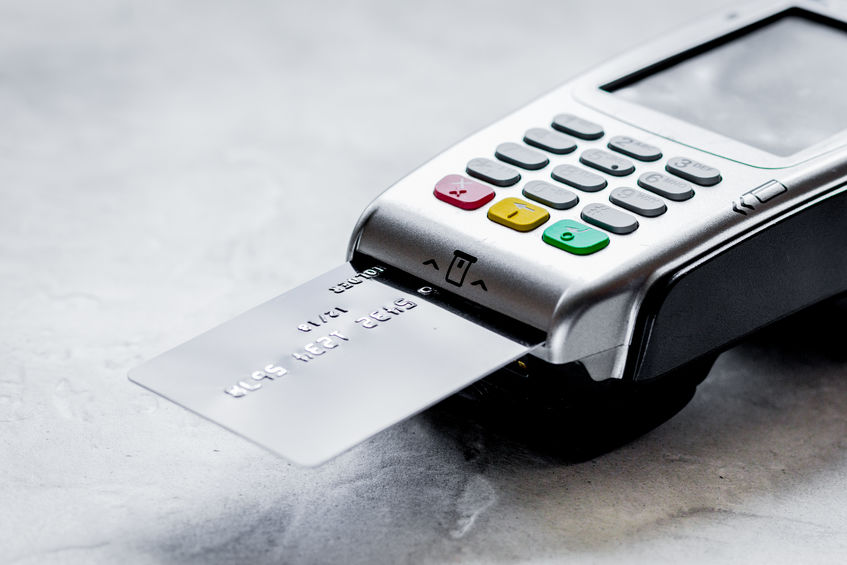What is a Payment Gateway?
When customers make card payments, they enter their information online or tap in-store, and a second or two later are on their way. Very little thought goes into what’s happening behind the scenes to make that near-instantaneous process possible, but there are actually a lot of moving parts involved, one of which is the merchant’s payment gateway. Payment gateways serve a necessary purpose in every electronic payment, but many merchants’ understanding of them ends at knowing they need one. To help merchants gain a deeper understanding of the basics, the following is a 101-level look at what payment gateways do, how they work, and what factors differentiate them – key knowledge for any merchant looking to ensure they select the right gateway, rather than just any gateway.
What Payment Gateways Do
At the highest level, payment gateways are the front-end systems responsible for interacting directly with the customer and transmitting their payment data for processing. Any place a buyer can enter their payment information – whether through a form online or a swipe, insertion, or tap in-store – is a payment gateway.
In addition to providing the interface for customer payment capture, a payment gateway’s most important function is the encryption and transmission of data to a payment processor. Credit card information is extremely sensitive and must be sent over a network whenever a payment is made, making it vulnerable to attack or interception by unauthorized bad actors. Payment gateways use SSL/TLS encryption or tokenization to ensure that even if a hacker does intercept a payment, the data they access will be useless. That protection makes a good payment gateway an important part of maintaining PCI compliance – the security standard laid out by the card companies that all merchants must meet to stay in good standing.
In a typical transaction, a payment gateway’s job happens in three distinct stages:
1) The customer enters their payment information during checkout and presses submit. The gateway then encrypts the customer’s payment data to ensure safe transmission.
2) The gateway sends the payment request across the network to the seller’s payment processor, who forwards it on to the issuing bank. The issuing bank determines if the buyer has the funds or credit necessary to make the purchase and returns an approval (or denial).
3) The processor returns the decision to the payment gateway. If the transaction was approved, the gateway then sends a confirmation to the buyer. In cases where a product was purchased, the gateway instructs the seller’s ecommerce system to release the inventory for delivery.
Types of Ecommerce Payment Gateways: Traditional vs. Digital Wallets
While payment terminals in-store are technically gateway systems, the term “payment gateway” is far more commonly used to describe the ecommerce systems that function as part of an online checkout. Like all ecommerce technology, payment gateways have evolved to meet the ever-changing needs of online consumers. Today, there are two distinct types of ecommerce payment gateway that merchants can employ: traditional checkout gateways and digital wallets like Apple Pay.
Traditional Gateways
Traditional online payment gateways are software solutions that integrate with an ecommerce site’s checkout to both secure and transmit the buyer’s sensitive payment data. Some gateways, like Shopify Payments, are built directly into larger ecommerce systems, but in most cases, online merchants have the option to integrate the payment gateway of their choice using APIs. Gateways can be integrated in three different ways: redirect, off-site payments, and on-site payments. Redirects send shoppers to another site for the entire checkout process. Off-site payments host the checkout on the merchant’s site, but send the buyer to another site for payment entry. On-site payments are fully hosted by the merchant, and every stage of the shopping process occurs on the merchant’s site. That requires more attention to security for the merchant, but also offers a smoother and more secure feeling experience for the buyer.
All traditional payment gateways offer secure encryption, and most offer additional security systems like 3D Secure. Many popular gateways, like Authorize.Net and NMI, also offer additional value-added services ranging from improved fraud protection to invoicing tools to advanced reporting and beyond. With so many different providers and so many different features available, it’s important that merchants choose their gateways carefully rather than just grabbing the first system they see online. There is a lot to know, but merchants without the technical knowledge to make a choice on their own can always consult with their merchant services provider for guidance.
Digital Wallets
Digital wallets like Apple Pay, Samsung Pay, and Google Pay represent a relatively new gateway option with a lot of appeal for both merchants and customers. Digital wallets enable customers to store digital copies of their physical payment cards on their devices. In-store, payment can be made with a tap of the phone, just like an EMV-enabled chip card. Online, paying with a digital wallet with either a phone or computer requires a single click, making it one of the fastest, most convenient checkout options available. As with traditional gateways, digital wallet gateways encrypt the user’s payment data prior to transmitting it, but digital wallets also offer an additional layer of security by requiring biometric verification in the form of a thumb or face scan.
Apple Pay comes pre-installed on all new iPhones and Touch ID-equipped Mac computers and a growing number of Apple users are adopting it as their payment method of choice. The built-in user base, convenience, and added security make digital wallets an easy choice for ecommerce merchants and most online stores should consider adopting a digital wallet gateway alongside their traditional checkout system.
What Payment Gateways Mean for Merchants
Because a payment gateway is such a big part of doing business, both online and off, they represent an important consideration for merchants looking for new payment processing services. The majority of merchant services providers will give merchants the option of choosing and using their own gateway from a third-party provider, in which case the top consideration is choosing a provider with the widest possible list of gateway integrations. However, many merchant services providers also offer gateways themselves as add-ons to a merchant account & next day funding. Getting a gateway directly from their service provider makes a lot of sense for most merchants, as it minimizes the number of different vendors they need to maintain relationships with and consolidates their billing into one place.
Fees are arguably the most important factor in most merchants’ gateway selection, but when choosing a new platform, all merchants should also look for the following features at a minimum:
- Tokenization: Once upon a time, the industry standard for ecommerce security was SSL encryption. Today, SSL is still a must, but threats have advanced to the point that it isn’t enough, and ecommerce merchants need tokenization to ensure their customers’ sensitive payment data is secure.
- Fraud protection: Fraud checks are done at multiple points throughout transaction processing, but having transactions checked directly at the gateway helps catch fraudulent purchases before they ever get to the payment processor.
There are a ton of great gateway options on the market today, and no merchant should be unable to find one that meets their needs. But, to ensure access to as many top gateways as possible, merchants must also choose a payment processor offering widescale integration.
BAMS merchants have access to all of the industry’s top gateways, including Authorize.Net, NMI, Payoneer, Paya, Braintree by PayPal, Apple Pay, Samsung Pay, Google Pay, and many more. In addition to unparalleled choice in integrations, BAMS also offers merchants the guaranteed lowest and most transparent pricing in the industry.
To find out more about how a BAMS merchant account can help your business access the gateway services you need while cutting the fat from your monthly merchant statement, click here to get started with your free five-point price comparison now.




